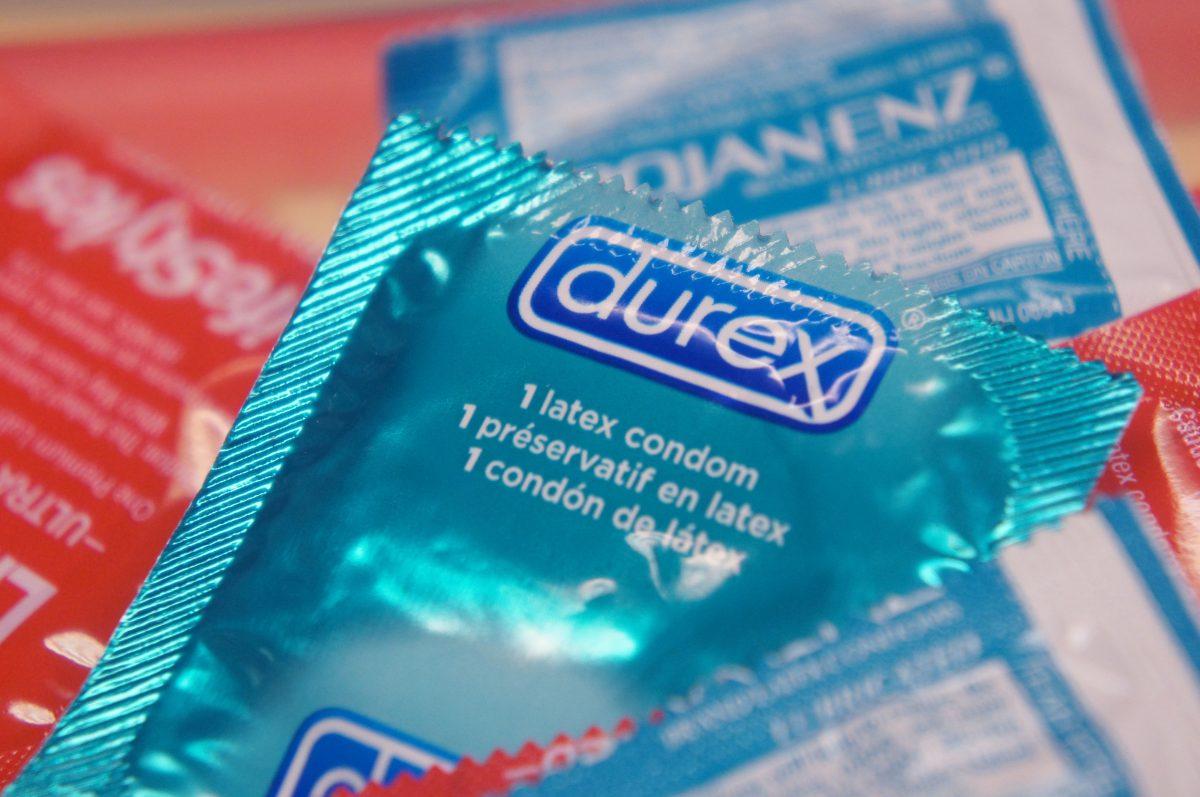
Danielle Schmidt
NC State's Student Health Center has condoms on the second floor.
The one-night stand holds a prominent place in collegiate culture. Though stories of “hook-ups” are plentiful in popular media, behavioral researchers have begun to investigate the negative psychological consequences of casual sex.
A recent article in the Journal of Sex Research documents a correlation between casual sex and various forms of psychological distress. Specifically, those who participated in casual sex reported elevated levels of depression and anxiety.
The authors of the article, entitled “Risky Business,” also concluded, “The link between casual sex and psychological distress and diminished well-being may represent a manifestation of sexual regret.”
Lead researcher, Melina M. Bersamin of California State University, Sacramento, told U.S. News and World Report that the cause-and-effect relationship between casual sex and negative psychological effects isn’t clear.
“It may be that people who are depressed or anxious are more likely to seek out casual sex relationships and not that casual sex causes depression or anxiety,” she said.
Monica Osburn, director of the N.C. State Counseling Center and former president of the American College Counseling Association, agreed that the study’s results were inconclusive.
“From my perspective, what needs to be discerned is what comes first: casual sex or diminished well-being?” Osburn said. “I can see the linkage, but not a causal relationship.”
Osburn speculated that alcohol abuse in response to symptoms of depression might lower inhibitions toward casual sex.
Researchers found that the number of students engaging in casual sex was unrepresentative of “hook-up” culture portrayed in popular media. Of the 3,907 surveyed, only 11 percent reported a casual sexual experience 30 days prior to the assessment.
Osburn compared the misrepresentation of casual sex in popular culture to stereotypes of drinking behavior: College students may think everyone is doing it, she said, but not all students are.
According to the study, out of those who admitted to having casual sex, men were twice as likely as women to report a casual sexual encounter.
Gender roles and sexual stereotypes also affect the way men and women discuss their sexual activity, and popular opinion can act as a censor to the way college students express their sexuality, Osburn said.
“Even in this day and age, because of societal norms, it is more acceptable for men than women to take part in such an action,” Osburn said.
Osburn also said that if a woman is vocal about her sexual activity, she is more likely to be negatively labeled.
Another explanation for a greater number of men reporting experiences of casual sex is a disparity in the value men and women place on relationships. Women tend to value relationships more than men, Osburn said.
The researchers concluded their article with a request for college administrators to consider the broader health ramifications of casual sexual encounters, and to look beyond sexually transmitted diseases and underscore the potentially harmful consequences of sex with relative strangers.